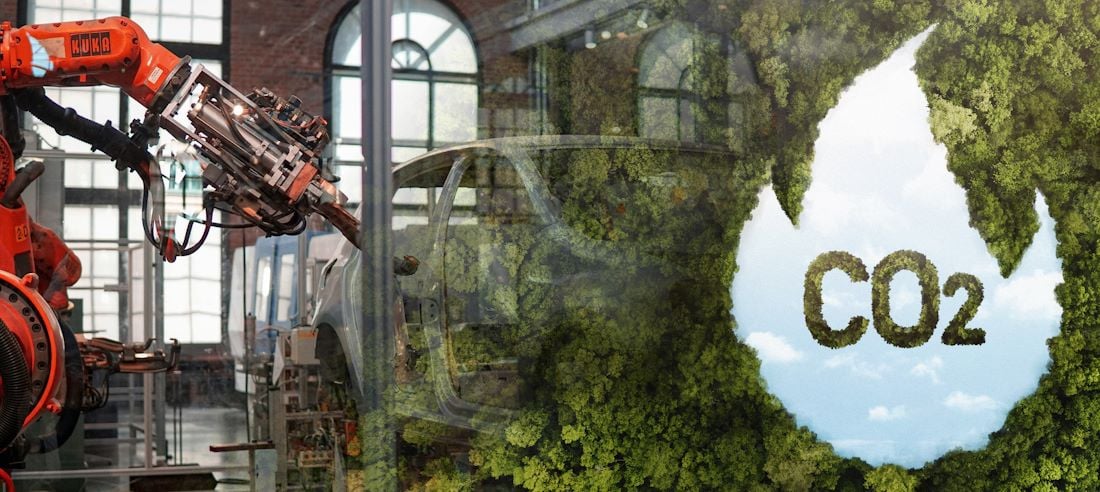There are manifold approaches to close the apparent gap between a shrinking resource base on the one hand and the ever rising human resource demand on the other. For the longest time, the world’s big industrial players have followed a strategy to successfully ignore the former, since environmental and social costs were merely negligible external effects. We could call this approach a procrastinating one, because it is future generations who are forced to deal with the outcomes of today’s ignorance. In the course of the last 20 years, however, corporate giants have shifted their strategy. It is no wonder that in light of the “ecological issues” receiving permanent media coverage, instruments like corporate social responsibility reports were invented. A fairly large number of multinational companies now put their PR-emphasis on two reasons why society should be grateful, mainly referring to their high research expenses (in absolute numbers) and the progress resulting from corporation-developed technological innovation. What they happily neglect is, first, 99 out of 100 innovations are pioneered by small and medium-sized enterprises. Second, technological innovation in the environmental sector is often very promising at first, but prone to creating new issues in the future that we are not aware of in the present. Whoever merits the credit for an innovation, there are numerous examples in history of when the “exclusively technological approach” was revealed as involuntary procrastination, or procrastination in camouflage.
For this reason, I don’t usually take extraordinarily seriously “corporate symposiae” where renowned scientists produce scientifically backed outcomes in the company’s interest. However, BP’s last Science-Business report, dealing with Resource Innovation, made a difference. Because some previous reports on biofuels and CCS (Carbon Capture and Storage) could serve as perfect examples for my introductory remarks, I was very surprised to find recommendations for a life cycle-oriented “holistic approach”, and the “identification of market failures” in this report. Let me share the most stunning findings with you today.
I was delighted to read that this mainstream oriented report includes a firm, fundamental recommendation for a systems approach to take into account energy and water consumption as well as land use when extracting and processing raw materials. In order to make all hidden environmental costs visible, material management should be analyzed over time and throughout the entire supply chain. How? With life cycle assessment. BP goes LCA! Isn’t that magnificent news? Well, until the environmental life cycle costs of the last drop of petrol and the last chocolate bar sold at every single gas station is revealed, I personally doubt a serious commitment. However, it has to be acknowledged that it is a big step for a corporation of this size to officially support life cycle thinking, be it on paper or in reality.
Another remarkable statement included in the report is the policy recommendation to internalize any external cost. Consumers who must pay the true cost of a product, i.e., its unsubsidized life cycle cost, are probably less willing to waste resources. The assessment of the true cost requires a standardized method, of course. The report mentions the material flow analysis applied at Wuppertal Institute and Sustainable Europe Institute. Material Flow Management is a systematic, software-based method to calculate all in- and outputs for all the relevant processes and sub-processes related to, e.g., the production of an industrial good, or a country’s trade balance. It can be used to model all kinds of processes, thereby revealing which changes in the setup or configuration are needed to increase efficiency and reduce emissions.
The report, citing Julian Allwood, whose genius report, “With Both Eyes Open”, I featured in my blog article, 6 Options to Maintain Current Lifestyles with Far Less Raw Materials, comes up with an interesting figure. When you take all global energy conversions into account, that is from the source to the use, the overall efficiency is as little as 11 percent. Some of the biggest sources for possible efficiency gains are buildings and individual transport. Remarkably, the report also cites John Barrett, professor of sustainability research at the University of Leeds, and his assertion of a need to “overcome lobbying” and introduce much lighter cars in the short term.
Among other incentives, one of the “large-scale” improvements in resource efficiency the report fosters is a government incentive to make renting more attractive, the goal being a change in consumer patterns from owning to renting or leasing. This would provide huge possibilities for easier recycling, because the company that rents out also has to take care of products at the end of their lifetime.
On the whole, Science-Business’s “New Ideas for Managing Scarce Resources and Energy” isn’t all that new. However, it is good to see life cycle thinking go one step further towards mainstream application!
Article image edited by Moritz Bühner, based on a petrol pump image by OliBac (CC BY 2.0)





